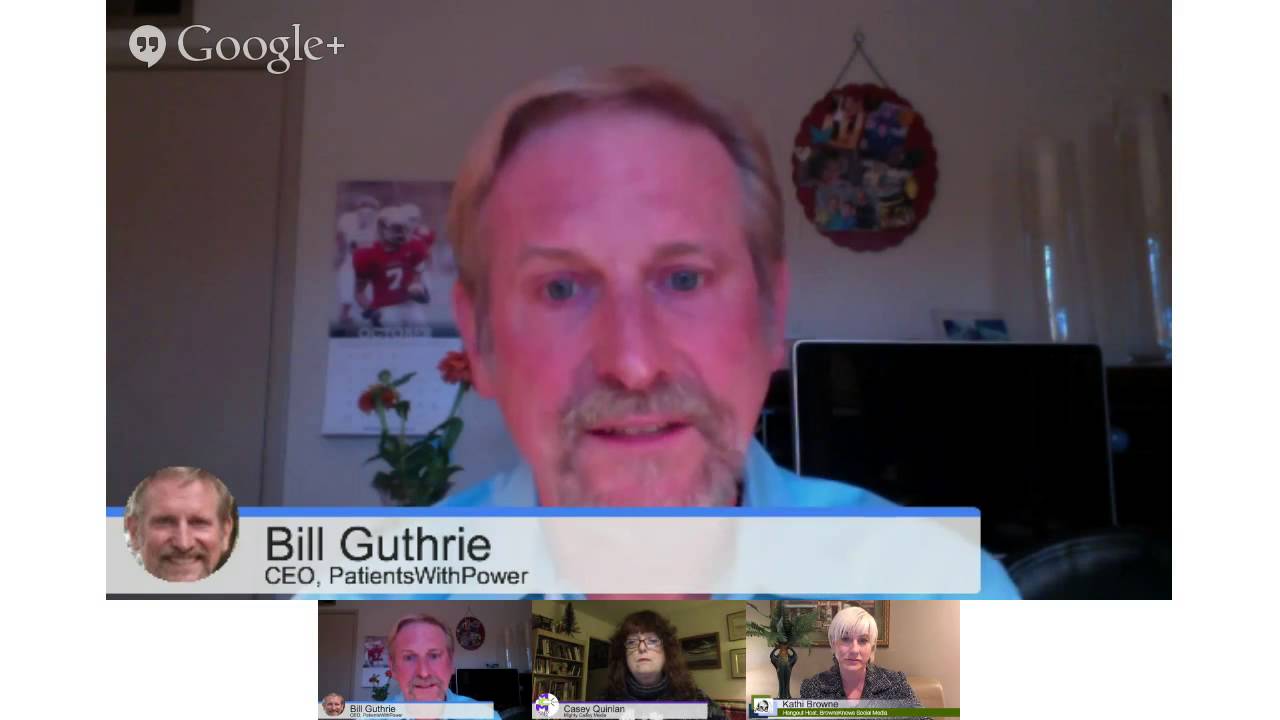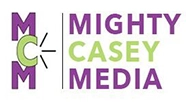
I had the chance to participate in a Hangout on Air with Kathi Browne, who is the founder/moderator of the Google+ Healthcare Talk community. If you’re on G+ and in the healthcare industry, that community is one you want to join – lots of discussion on topics from healthcare policy to social media to patient safety to care quality. It’s invitation-only – if you’d like to join, hit the G+ link above and ask Kathi to add you to the community. Last night’s (Monday, Oct. 28, 2013) Hangout on Air was a conversation with Bill Guthrie, CEO of Patients with Power, a new web-based platform for shared decision-making for cancer patients and their oncology teams that’s in beta at UCSF’s lung cancer oncology unit and also as a survival-planning tool at Cornell-Weill/New York Presbyterian’s ob-gyn onco unit. Decision-making for cancer patients – shared, or not – is a firehose. Patients with Power does what its name promises, it gives patients access to the information they need to make an informed decision, information that’s solidly based in evidence-based medicine since it’s based wholly on National Comprehensive Cancer Network (NCCN) guidelines for cancer treatment. Bill has given me a demo of the tool, and it’s superb. He also did a walk-though last night. Give a watch/listen: //www.youtube.com/embed/FPTIjDwirDI



